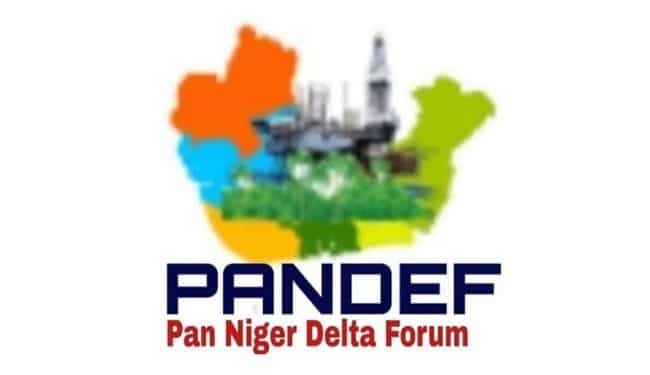
National Publicity Secretary of the Pan Niger Delta Forum (PANDEF), Chief Christopher Ominimini, has urged Nigeria’s National Assembly to ensure equity in the proposed creation of 13 new states.
He argued that past military governments had created states in a lopsided manner, favouring the northern region over the south.

“In the past, we had four regions before the ill-fated military interventions,” Ominimini said.
“Today, the northern region has 19 states, while the entire Southern region, including the South West, South East, and Mid-West, has only 17. This is a clear injustice against Southern Nigeria.”
He cited the 2014 National Conference convened by former President Goodluck Jonathan, which recommended that each geopolitical zone should have seven states.
According to Ominimini, this approach would foster balance and fairness within the Nigerian federation.
Beyond numerical balance, PANDEF has emphasised that newly-created states must be economically viable.
“The National Assembly must ensure that any state approved for creation has the resources to sustain itself,” he stated.
“At independence, our leaders fought for self-sustaining governance, where regions could generate revenue and pay taxes to the centre.”
Ominimini criticised Nigeria’s over-reliance on oil and gas from the Niger Delta, arguing that other regions fail to contribute their fair share to the national economy.
“We are not getting any revenue from solid minerals like gold, lithium, and iron ore. These resources are being privately exploited, while the government continues to depend solely on Niger Delta oil,” he lamented.
He reiterated PANDEF’s stance that new state creation should reflect the 2014 Constitutional Conference recommendations.
“The South East should get two additional states, the South South one, and the North West one more. This way, every geopolitical zone will have seven states each,” he added.
As the National Assembly deliberates on the proposed state creation, PANDEF and other stakeholders continue to push for a fair and sustainable process that addresses historical imbalances while ensuring economic viability.








